Depression is more than just persistent sadness—it’s a complex mental health condition that can affect every area of a person’s life, including relationships, self-esteem, and physical health. One of the lesser-talked-about consequences of depression is its impact on sexual health for use tadasiva. If you’re wondering whether depression could be affecting your desire, performance, or intimacy, the answer is yes—and you’re not alone.
Let’s explore the connection between depression and sexual health, why it happens, and how to manage it with care and support.
How Depression Affects Sexual Health
Depression can interfere with sexual health in several ways—both physiologically and psychologically.
1. Reduced Libido (Low Sex Drive)
One of the most common sexual symptoms of depression is a lack of interest in sex. When you’re feeling emotionally low or disconnected, it’s difficult for your body to respond to arousal in the usual way. This isn’t a reflection of how much you care about your partner—it’s a symptom of the illness.
2. Difficulty Becoming Aroused
Depression can interfere with your body’s arousal response. You may find it difficult to become or stay physically aroused—such as achieving or maintaining an erection, or experiencing natural vaginal lubrication—due to reduced brain-body communication.
3. Trouble Reaching Orgasm
Even if arousal occurs, people with depression often report that it’s harder to reach climax, or that the experience feels “numb” or unsatisfying. This can lead to feelings of frustration or guilt, compounding emotional distress.
4. Body Image and Self-Esteem Issues
Depression often brings feelings of worthlessness, shame, or poor body image. These emotional burdens can create mental blocks that hinder intimacy, confidence, and communication with a partner.
The Role of Antidepressants
Ironically, while antidepressants can help ease the emotional symptoms of depression, some medications—especially SSRIs (Selective Serotonin Reuptake Inhibitors)—can cause sexual side effects, including:
- Lowered libido
- Delayed ejaculation or orgasm
- Erectile dysfunction
- Vaginal dryness
This creates a difficult balancing act: improving mental health while managing side effects that may interfere with sexual satisfaction. The good news is that these effects are often manageable—either by adjusting the dosage, switching medications, or incorporating strategies to counteract the changes.
The Impact on Relationships
When depression affects sexual health, it can strain romantic relationships. Partners may feel confused, rejected, or unsure how to help. Open and compassionate communication is essential. Depression is not a personal rejection—it’s a medical condition that requires patience, understanding, and often, professional support.
What You Can Do
If you’re struggling with depression-related sexual issues, here are steps you can take:
1. Talk to a Healthcare Provider
Don’t suffer in silence. Whether it’s your primary care doctor, therapist, or psychiatrist, be honest about how you’re feeling physically and emotionally. Treatment plans can be adjusted to better support both your mental and sexual health.
2. Consider Therapy
Working with a mental health professional—particularly someone experienced in sexual health—can help you address emotional barriers, relationship concerns, and build coping skills.
3. Try Mindfulness and Stress Reduction
Practices like meditation, deep breathing, and yoga can improve mood, lower stress, and reconnect you with your body—enhancing both mental wellness and sexual desire.
4. Exercise Regularly
Even light physical activity releases mood-boosting endorphins and improves blood flow—both of which can support sexual function.
5. Open Up to Your Partner
If you’re in a relationship, let your partner know what you’re experiencing. Honest conversations can lead to better intimacy, emotional support, and even creative ways to stay connected.
Final Thoughts
Depression can impact sexual health in ways that are frustrating, isolating, and difficult to talk about—but you are not alone, and you are not broken. Healing is possible, and with the right support, both your mental and sexual well-being can improve.
If you’re experiencing signs of depression, reach out for help. Your mind, your body, and your relationships are all worth the care.

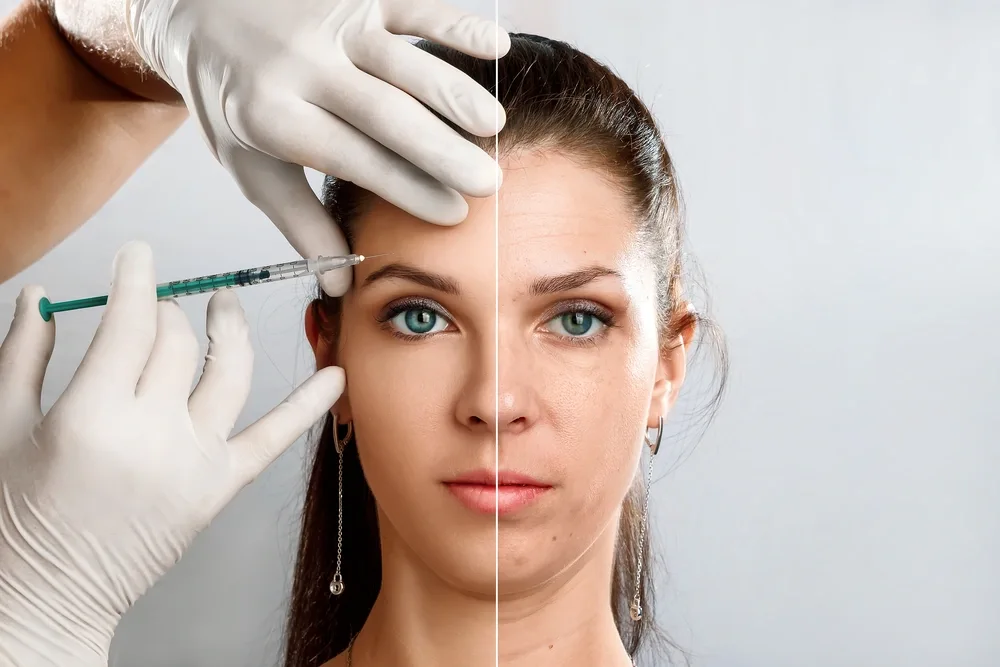

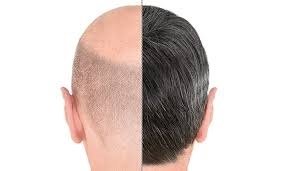
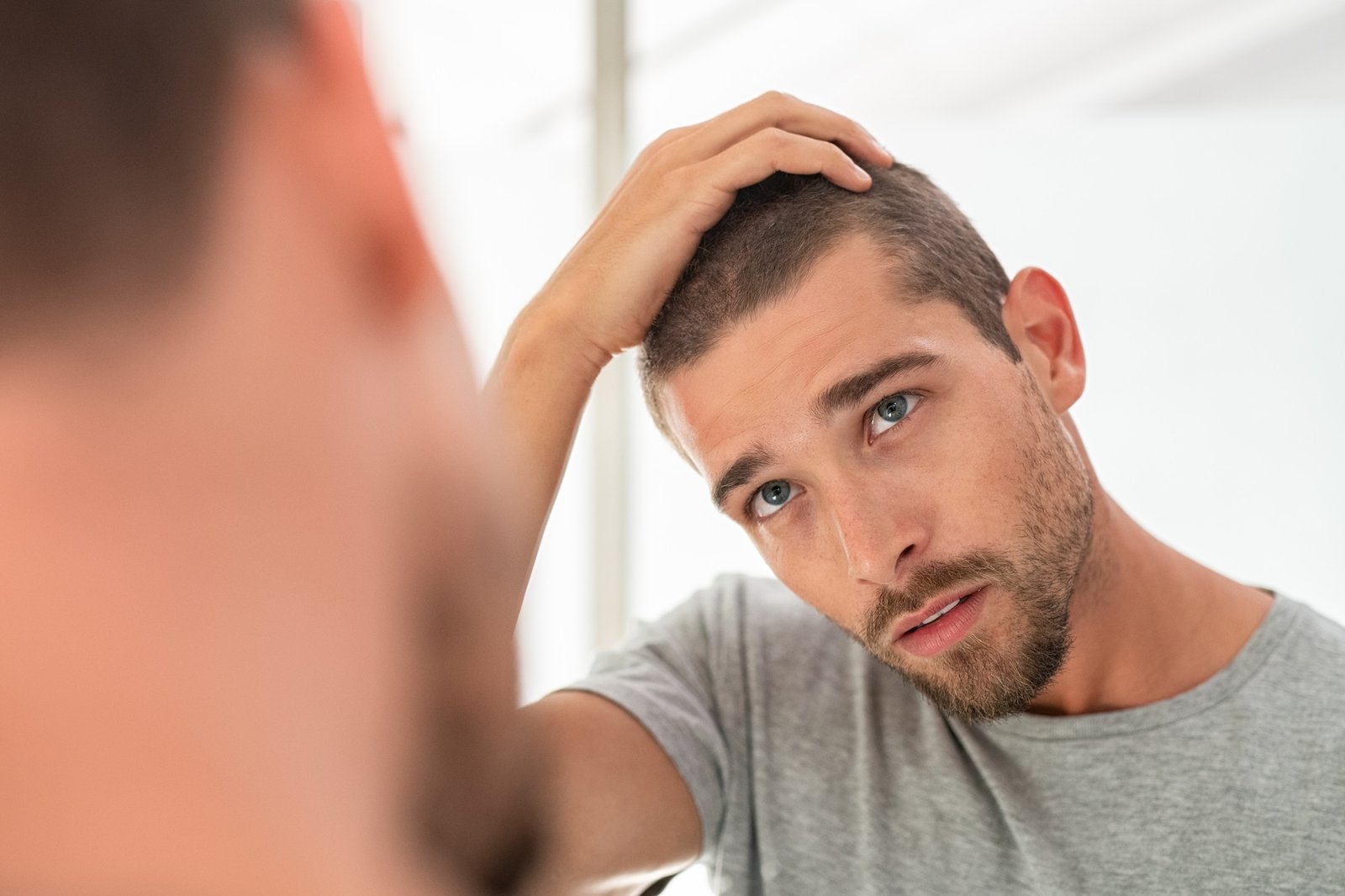
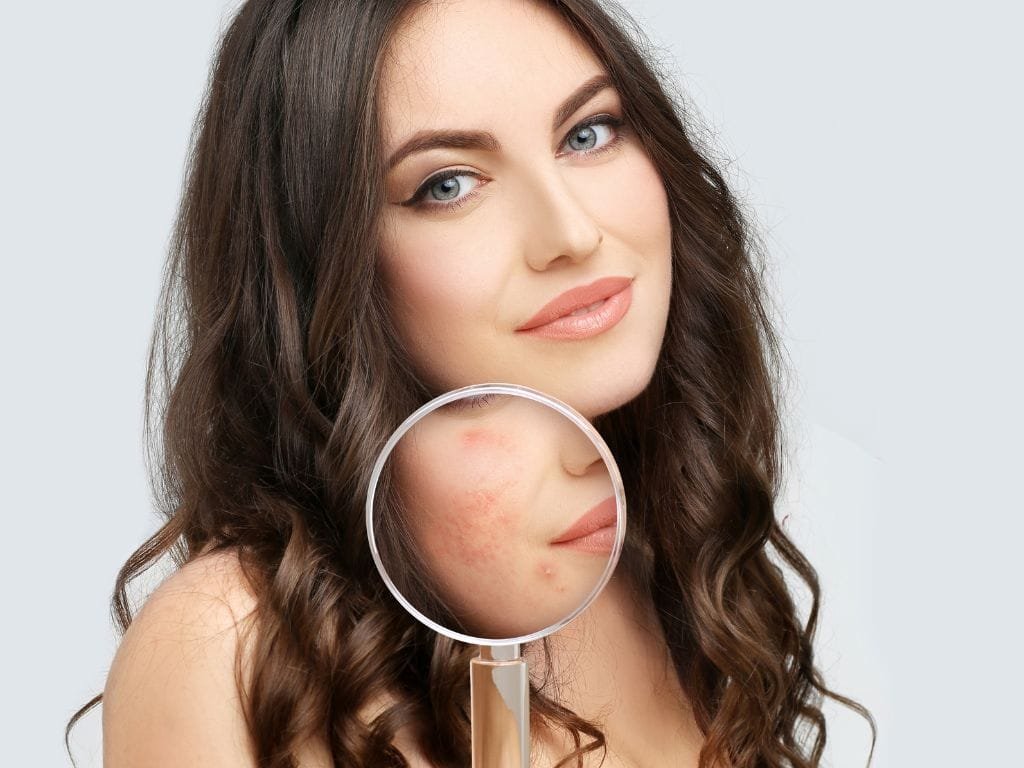
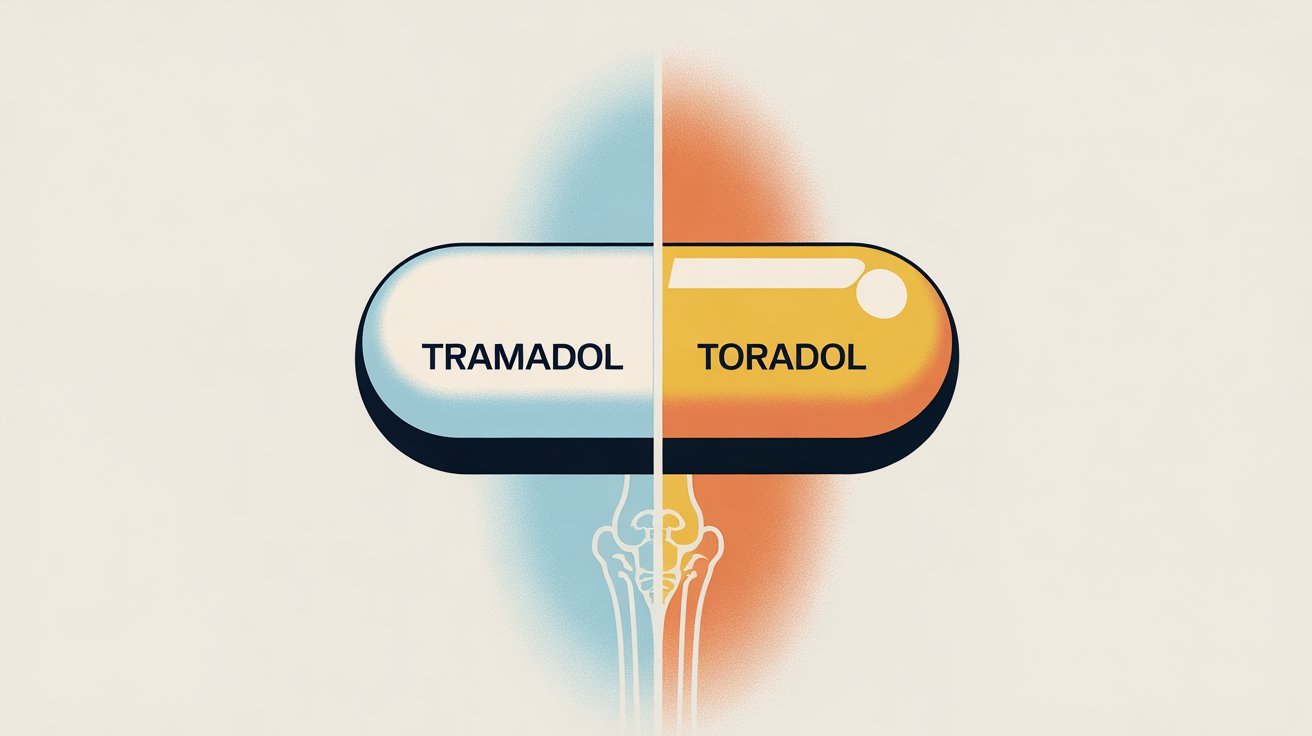
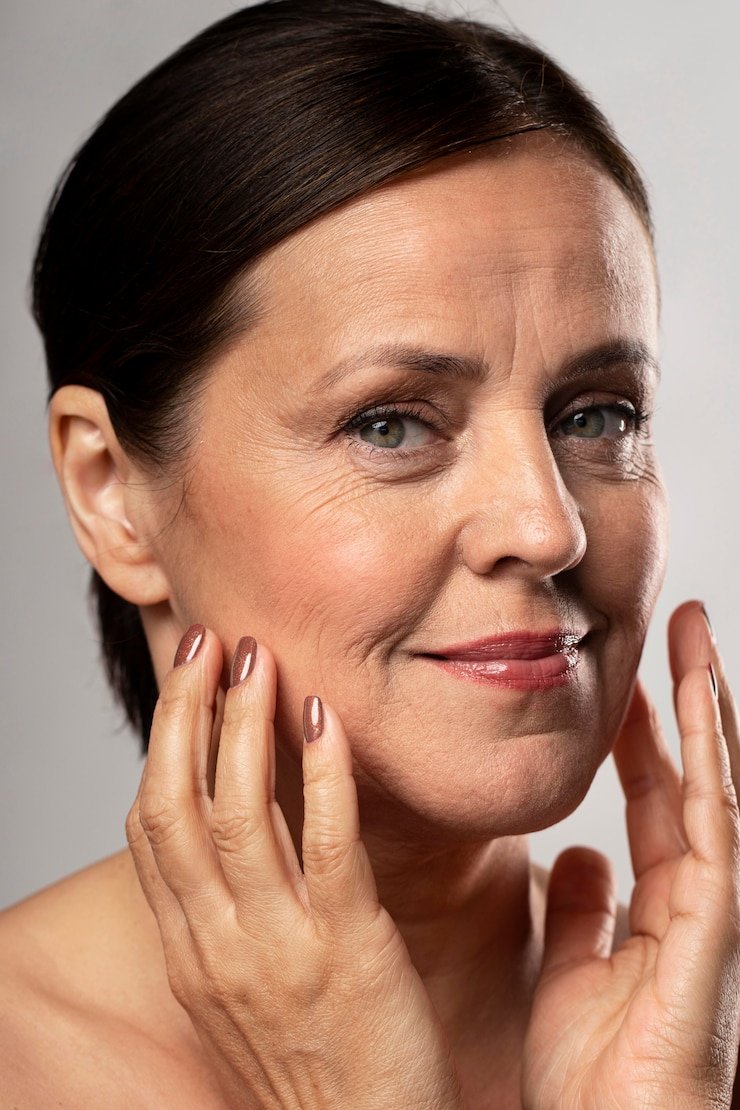







Leave a Reply